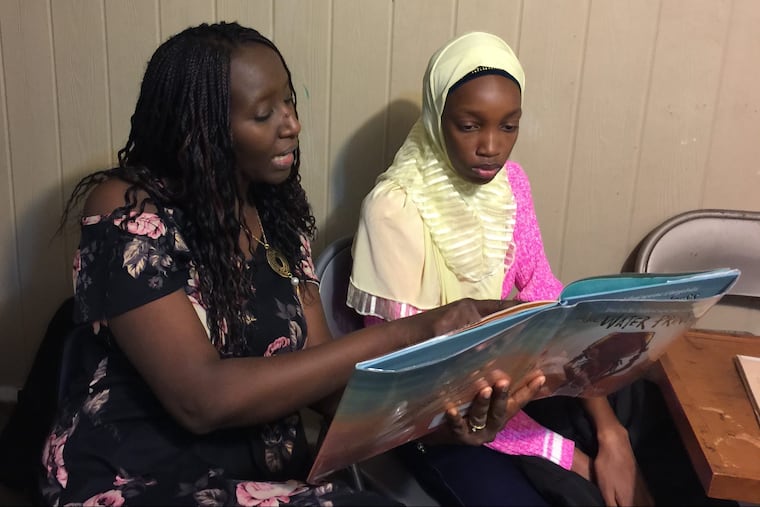More support needed for students who don’t speak English | Opinion
Students shouldn't be made to feel inferior because they don't speak English or because they communicate with an accent.

Dieynaba, an eighth grader from Senegal, came to America in September 2017 to join her parents. A student in the School District of Philadelphia, Dieynaba returned home to her mother from school crying most days, frustrated that she couldn't understand her teacher or ESOL instructor, and hurt that her peers made fun of her.
Dieynaba's major "flaw" is that she doesn't speak English. I met Dieynaba in February when her mother brought her to African Community Learning Program. Just a month after she joined our after-school program, Dieynaba presented to her peers in English. We provided Dieynaba with individualized attention in reading and writing while explaining concepts back and forth in French, Pulaar, and English.
African Community Learning Program was founded with students like Dieynaba in mind, students of African background who were either born in the United States or came to the country at a young age. We support our students in maintaining their cultural heritage and in integrating into American society, namely through learning English. We have created an Africa-centered curriculum focusing on our students' experiences and those who share an African identity with them.
For example, in February, we put together a list of 23 people, most of whom have a connection to both the United States and Africa. Our students learned about people like the first Somali American elected official in the country, Ilhan Omar, a member of the Minnesota House of Representatives. They researched and presented on people like chef Marcus Samuelsson and comedian Trevor Noah. This was a new experience for our students, as they usually don't learn about these individuals at school during Black History Month.
Mayor Kenney recently told me at a Philadelphia Association of Black Journalists forum, "I think it's extremely important, especially for immigrant children, to not lose their identity or if they're American born to understand what their history is, their real history." Since the School District is back under public control, I urge the mayor to act on his words by training teachers in their students' histories and cultures, by welcoming and even including these diverse experiences in students' learning, by hiring staff members who reflect the students they serve.
Students shouldn't be made to feel inferior because they don't speak English or because they communicate with an accent. Students like Dieynaba already speak at least two languages and are ready to learn English with the necessary support. When we invest in students like Dieynaba, we invest in the future of Philadelphia, America, and the world.
Aminata Sy is the founder and president of African Community Learning Program, a multimedia journalist, and a senior at the University of Pennsylvania, where she studies international relations and English. She is also the founder, editor, and publisher of the #500EmpoweringAfricanStories Project.